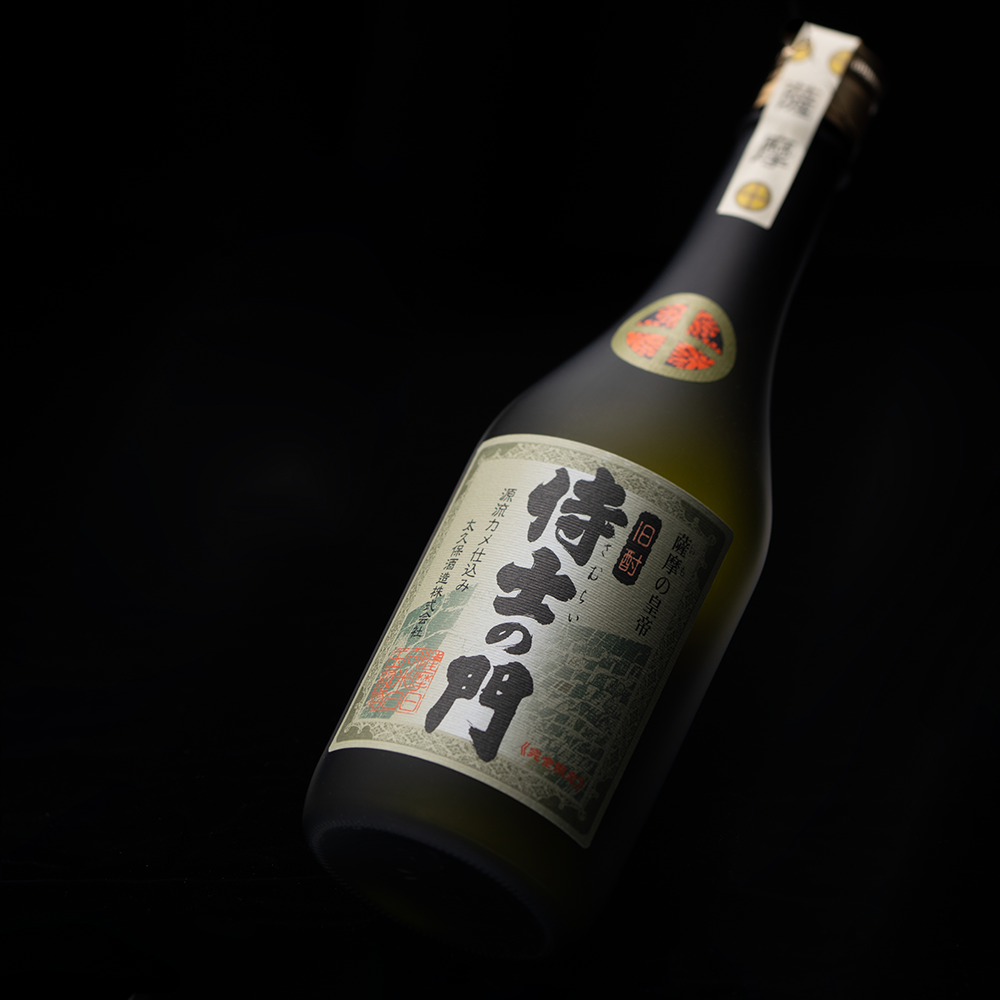Samurai-no-mon Satsuma-no-kootei sweet-potato shochu (720ml)
Sale price
Price
¥2,496
Regular price
Unit price
per
Shochu category
Potato shochu
Raw materials
Sweet potato, Rice-koji
Alcohol content 25% alc
Volume 720ml
Distillation Atmospheric shochu
Awards
L.A. Spirits Competition 2018 Silver
Craft Spirits Berlin Festival 2020 Silver
Hong Kong International Wine & Spirits Competition 2018 Silver
Tokyo Whisky & Spirits Competition 2021 Silver
Kumamoto Taxation Bureau Appraisal Ceremony 2018, 2019, 2020 Excellence Award
Our Message
Established in 1910. One of the smaller distilleries in Kagoshima, which has 113 distilleries/breweries. While we only have 10 employees, we deliver Kagoshima’s Imo shochu to all of Japan and to the world. Almost all of our ingredients are from Osumi, Kagoshima.
Our affiliated farms send an enormous amount of around 10,000 tons of sweet potatoes annually to shochu producers in Kagoshima and Miyazaki. In wine terms, they are the “chateau” and “domaine” (producers on farms owned by our company) of shochu production.
We use traditional Japanese jars that have been passed on for generations in Kagoshima to make our shochu.
On the Osumi Peninsula located in the east of Kagoshima is a pyroclastic plateau created by volcanic ashes, which has been widely utilized for sweet potato farming since a long time ago, so there are many shochu producers in this region.
Unlike other producers, we use a unique method to make our shochu.
One of our most unique products, “Samurai no Mon” was developed with the concept of “restoring the shochu that the samurais of Kagoshima drank between the late Edo period until the Meiji era.”
The koji is cultured using the illustrious sake rice, “Shiratama-mai”, cultivated around 160 years ago in Kagoshima (previously called Satsuma and Hinata), where shochu originated, and which we revived the cultivation of. As this rice species has a low yield, it is extremely valuable. Additionally, the sweet potato used is called Genji-imo, which is believed to be the ancestor of our current sweet potatoes. These raw materials are processed in jars, as was traditionally done in the past, to produce the “Samurai no Mon”.



